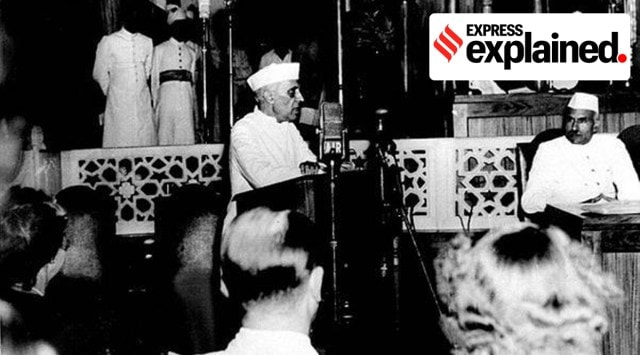
The Helplessness in Nehru’s Address to Assam During Crisis
On November 20, 1962, Prime Minister Jawaharlal Nehru delivered a deeply emotional radio address amid the chaos of the Sino-Indian War. His heartfelt concern for the people of Assam resonated with many as he stated, "My heart goes out to the people of Assam at this hour." Unfortunately, this expression of empathy was often seen as a sign of his helplessness, igniting waves of panic among the Assamese population.
The aftermath of the fall of Bomdila left many in fear, and uncertainty loomed large over Indian territory. Nehru’s voice trembled with emotion, creating an indelible impact on listeners who perceived his helplessness. The desperation visible in the eyes of residents from Tezpur and nearby areas was unmistakable, leading thousands to flee south across the Brahmaputra River in search of safety. This mass exodus starkly illustrates the despair of those turbulent times, reflecting the collective fear that grasped the region.
Although Nehru aimed to comfort the people, his speech amplified the feelings of vulnerability experienced by the Assamese. The context of military strife intensified these emotions, leaving many feeling that their fears were not being adequately addressed. The sentiment of abandonment lingered, particularly for those in the Brahmaputra Valley, where anxiety about their safety and future was palpable.
This pivotal moment in history is still a topic of discussion in Assam today. It captures the complex interplay of emotions that the people faced during such a precarious time. Nehru’s address serves as a powerful reminder of the fear and helplessness that marked this era.
